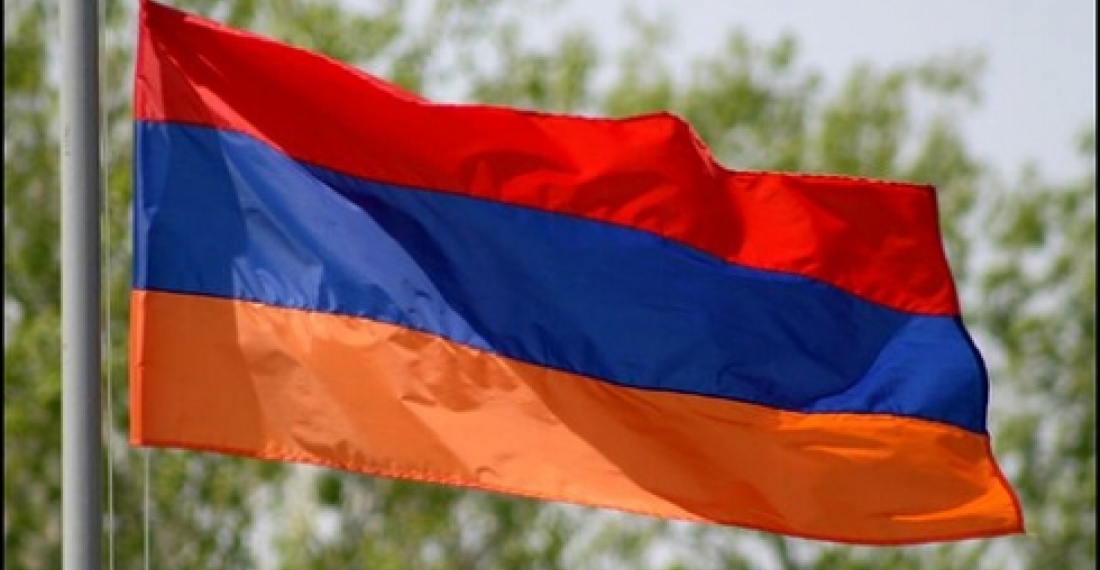Ереван, 18.02.13. АрмИнфо.
В Армении утром 18 февраля начались шестые в истории постсоветской республики президентские выборы. Избирательные участки открылись в 8:00 по местному времени.
Как сообщил глава ЦИК Тигран Мукучян, по всей территории страны действует 41 окружная избирательная комиссия и 1988 участковых избирательных комиссий. Из них 7 комиссий сформированы в уголовно-исполнительных учреждениях, которые откроются позже, что обусловлено особенным режимом в этих учреждениях. Все остальные комиссии открылись в 07:00 ч. и начиная с 08:00 все они начали принимать первых избирателей. Из общих 15904 членов комиссий, не представились 126 членов, что однако не влияет на деятельность комиссий.
Отметим, согласно законодательству республики, проголосовать можно только на территории страны. Исключение сделано лишь для сотрудников дипломатических миссий за рубежом и членов их семей: для них организовано удаленное электронное голосование. Проголосовать таким образом сможет 243 человека.
В понедельник 18 февраля в ряде районов Армении идет снег, что, однако, не помешало нормальному старту голосования. День выборов объявлен нерабочим, и избиратели не спешат выйти из дому. С утра транспорт в Ереване курсирует по городским маршрутам абсолютно пустым. Голосование продлится до 20 часов, и, как рассчитывают избиратели, еще есть достаточно времени, чтобы проголосовать. В списки избирателей внесены более 2 миллионов 505 тысяч человек, причем почти половина из этого числа является жителями столицы Армении - Еревана.
Избиратели должны будут выбрать из семи кандидатов. На пост президента претендуют действующий глава республики, председатель правящей Республиканской партии Серж Саргсян, бывший премьер-министр Грант Багратян, возглавляющий партию "Свобода", бывший министр иностранных дел Армении, председатель партии "Наследие" Раффи Ованнисян, лидер партии "Объединение "Национальное самоопределение" Паруйр Айрикян, бывший глава МИД Нагорного Карабаха Арман Меликян, политолог Андриас Гукасян и специалист по эпосу Вардан Седракян.
АрмИнфо: В Армении начались президентские выборы
АрмИнфо: В Армении начались президентские выборы






